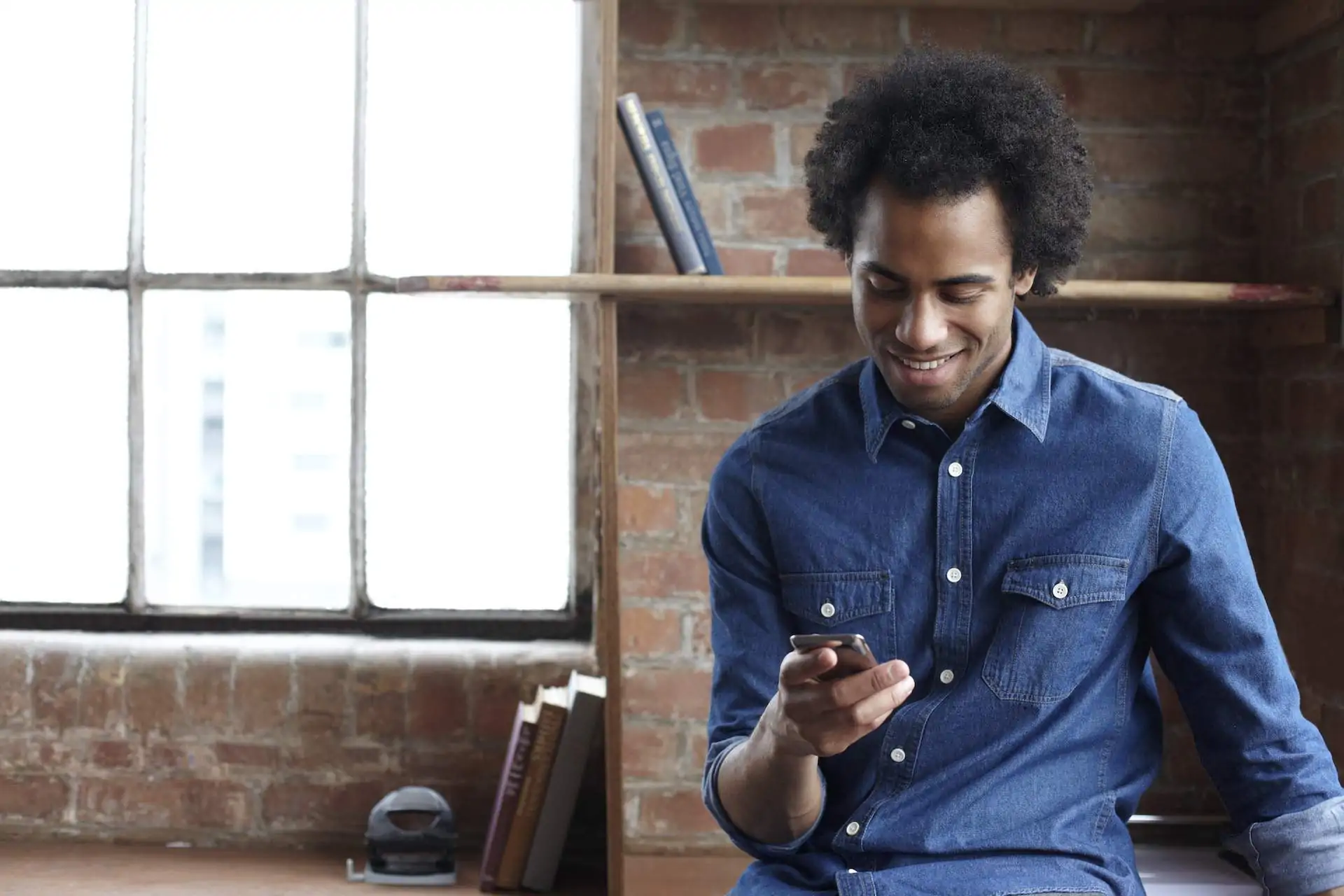OpenTable innovates to help restaurants do what they do best—better. That means adding features that not only respond to restaurateurs’ needs, but also help them adapt to the changing realities of the industry. This series puts a spotlight on recent innovations from OpenTable and how we built them to help restaurants thrive.
While no-shows and last-minute cancellations have always been a serious problem for restaurants, the pandemic made it more urgent. OpenTable restaurants in the U.S. and Canada report that reservation no-show rates spiked during the COVID-19 pandemic.
Seeing this trend, OpenTable spent months understanding what we could do to help the problem. We learned requesting deposits can help you get more reservations you can rely on in the books. Here’s what you need to know about deposits so you can help drive down no-shows, too:
Reservations to rely on
Reducing no-show rates can be the biggest benefit for restaurants when they require a deposit to secure a reservation. It’s human nature that people don’t want to lose a deposit once they’ve put one down. When there’s a consequence for guests who don’t show (losing their deposit), it can curb no-shows in a big way.
There are other perks that come with more reliable reservations. Along with more predictable revenue, shifts can become more predictable. That sets the stage for more precise staff planning, smoother operations, less food waste, and all around better hospitality.
Flexibility restaurants want
Deposits work best when restaurants customize them to match their needs. In our research, 85% of the restaurants we interviewed said they would use deposits for large party bookings or on certain days or shifts, but not all. They needed to be able to request a deposit for a party of six on a busy Saturday, for example, but not for a Tuesday night.
Certain restaurants also reported that deposits would be a big help when it comes to booking large parties. Special occasions, such as birthdays, and special tables were other situations when restaurants wanted to be able to request deposits.
Refunds, too, are customizable: They can be issued manually or automatically when a guest cancels within the allowed cancellation window. Deposits can be applied to the bill when guests dine or refunded to their credit card when the guest arrives at the restaurant. It’s all up to the restaurant, and you can make adjustments as you go.
Transparent for guests
Many restaurants think of deposits as just another stumbling block for guests making their reservations. And we know from our research that lack of clear messaging around what’s expected in a deposit is a pain point for guests. They don’t want to comb through the fine print of policy text to understand the details.
That’s why we built the diner experience so policies are clearly spelled out for guests during the booking process. OpenTable requires guests to confirm twice, with policies front and center, to ensure they are aware of all the details. This is extra important in light of another finding in our research: Diners aren’t generally very knowledgeable about what deposits are. During the booking process, they’ll be clearly shown how they can avoid any charges if they do need to cancel. (Remember, the policy will be determined by you.)
If the deposit can be refunded (again, this is up to you), guests will know the deadline they have to cancel before losing their deposit. Often restaurants decide guests can get a refund up to 24 to 48 hours before their reservation time.
Protection from credit card disputes
OpenTable’s deposits are designed with your protection in mind. If you’ve used credit card holds to secure reservations in the past, you may have struggled with chargeback disputes. A deposit policy can achieve the same goal but provide more protection from credit card chargeback problems.
It may take a bit of experimentation to find out exactly what works best in your restaurant. Nothing will eliminate every no-show or late cancellation, but a deposit policy is one option that can make a big difference.




